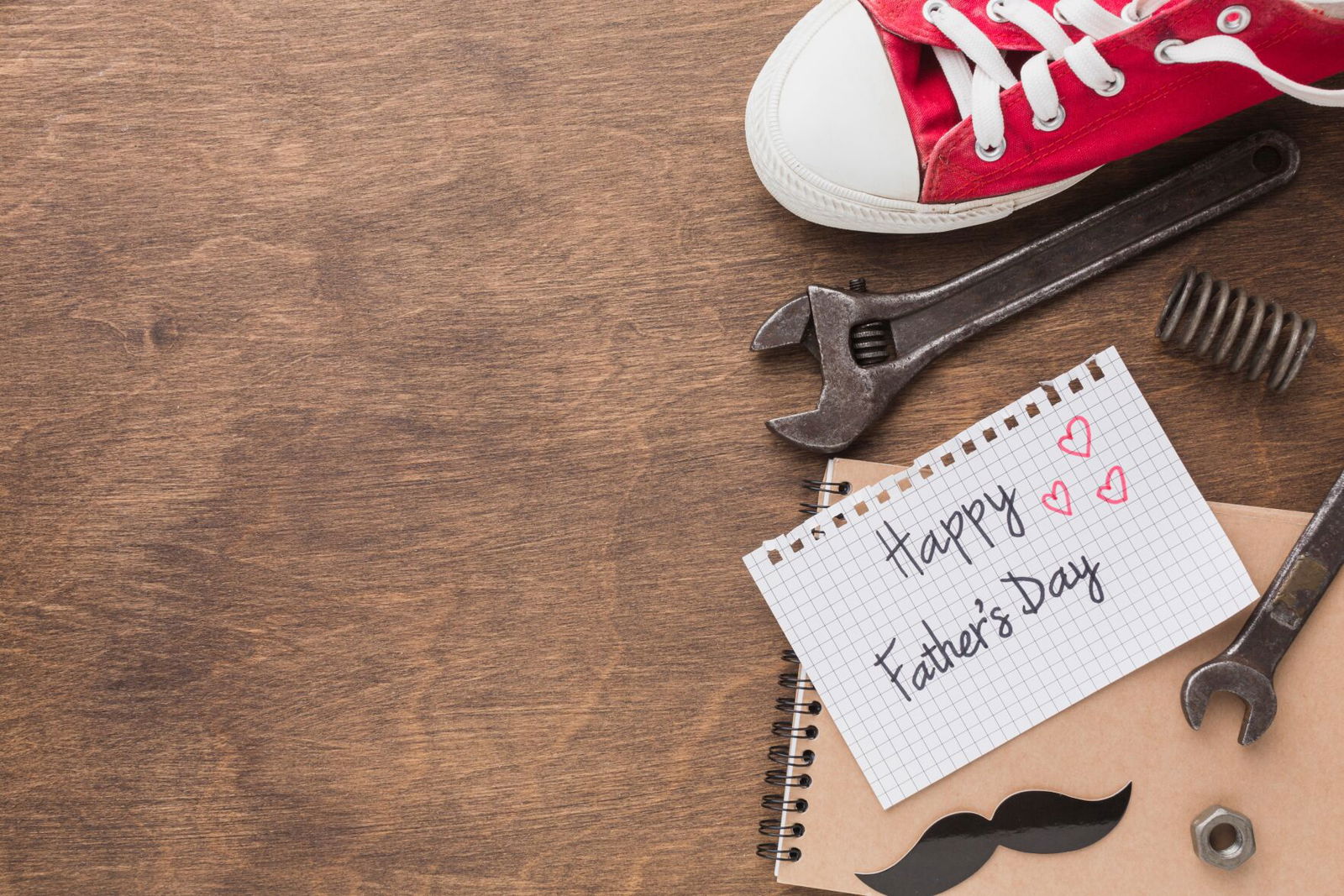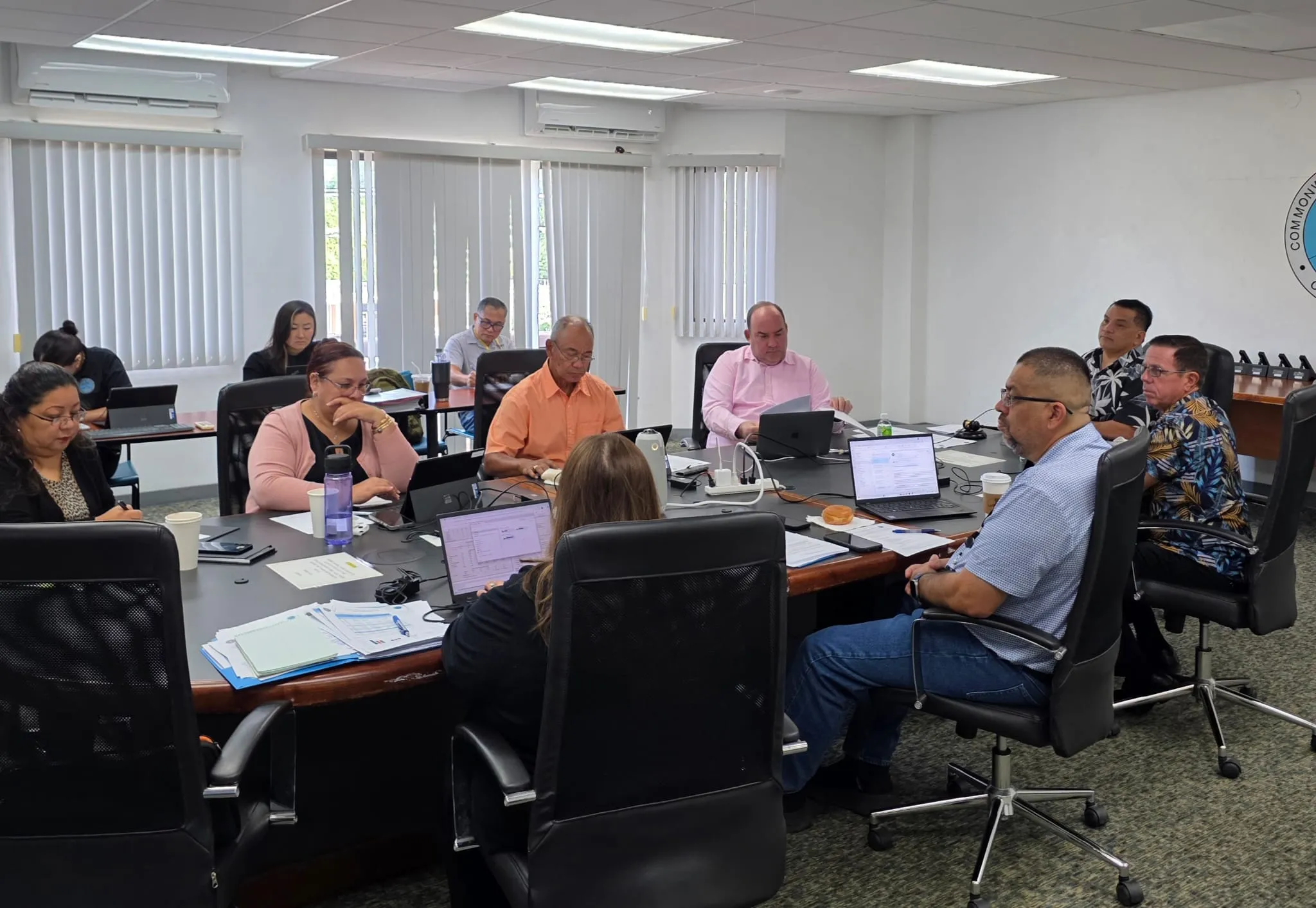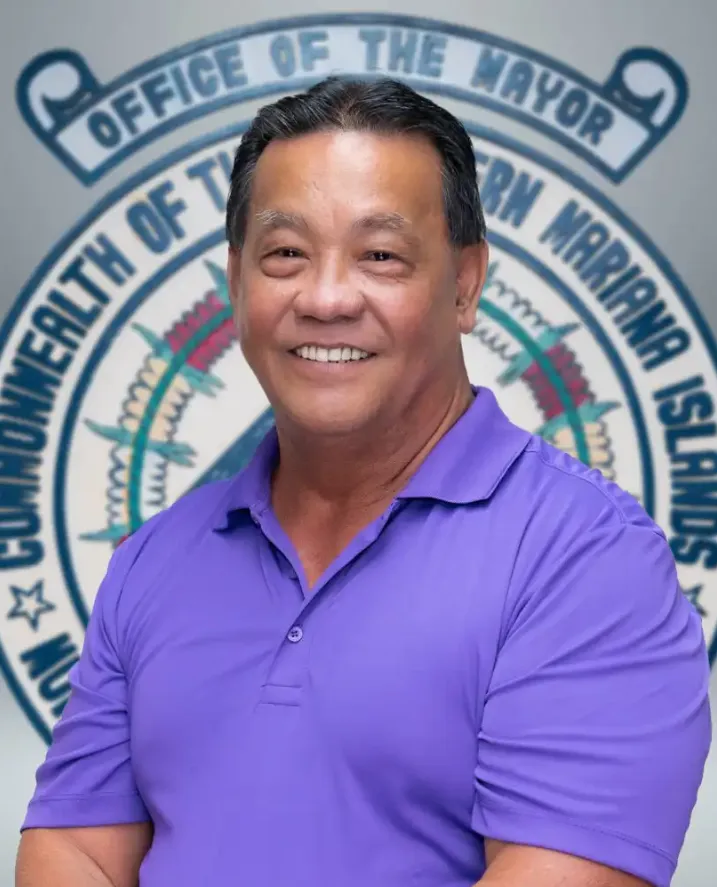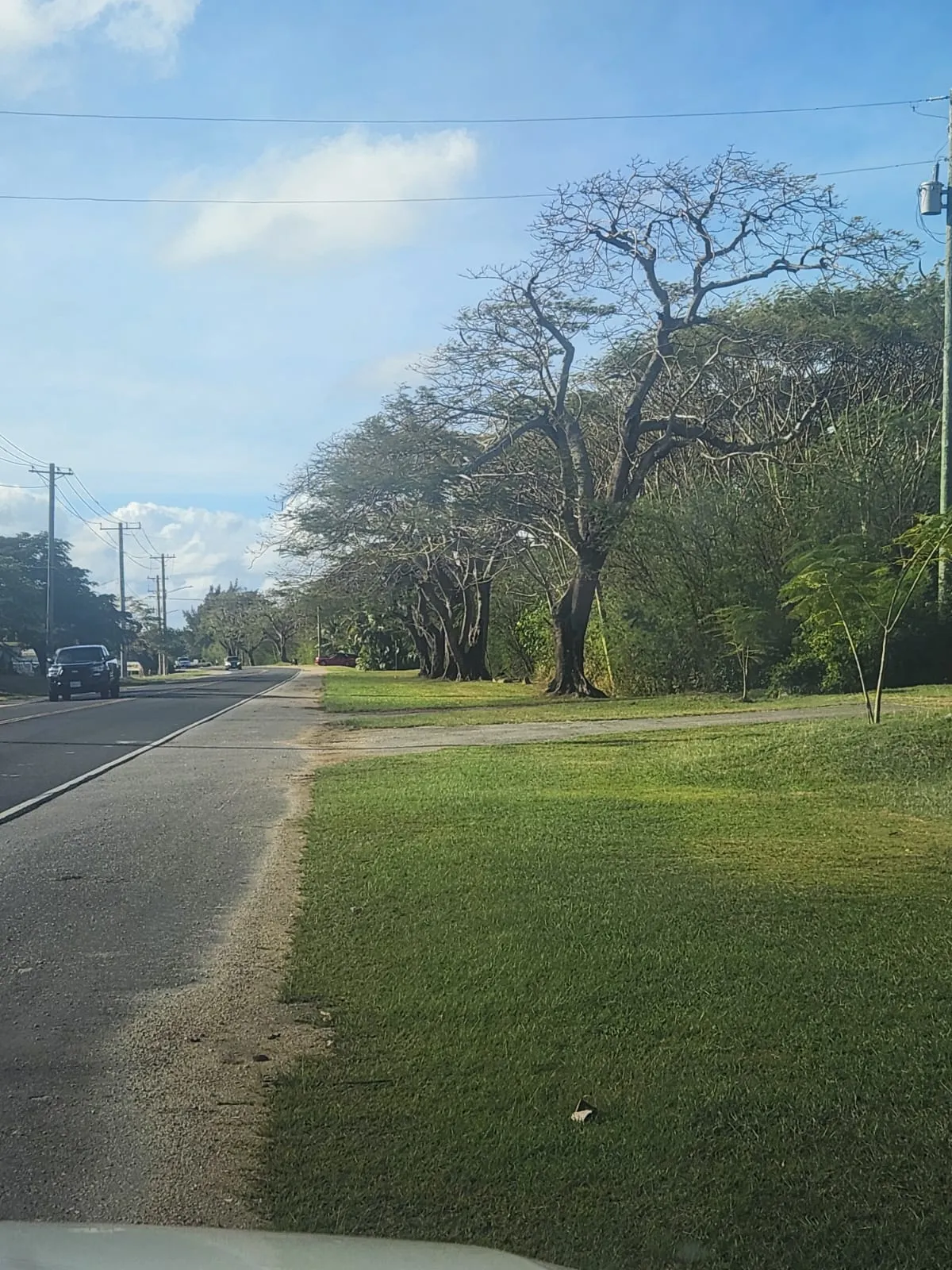
“When individuals feel they need our assistance, they can call us. But what I see as men’s issue is making that initial call. They have the idea that ‘we take care of things on our own,’ that as males we don’t show [emotions] like females do.”
<p style=”text-align: right;”><strong>— Josh Castro, mental health technician</strong>
FATHER’S Day falls on June 15 this year, and for islanders that means beach barbecues, buffets, and lots of quality time as a family. Some of our lucky dads are going to be getting all kinds of gifts—maybe a new gadget, a set of darts, or whatever it is that keeps dad happy.
But June is also Men’s Mental Health Month, making Father’s Day a doubly important time to check if the men in our lives are making sure that their total health, including their psyche, is being taken care of. This Father’s Day, it may be an appropriate gift to see if your dad is properly cared for.
According to the American Psychological Society’s website, around 30% of men have “suffered from a period of depression in their lifetime,” with symptoms that include “rage and risk taking.”
The American Psychological Society also says that men have a suicide rate that is four times higher than women.
Mental health challenges
Although local numbers may be hard to come by, Marianas Variety spoke to Josh Castro, a mental health technician whose job includes referring residents to appropriate programs for mental health challenges.
Castro says men are “stigmatized” against being sensitive to the inner workings of their psychology, making some fathers struggle to verbalize their mental health challenges.
“When individuals feel they need our assistance, they can call us. But what I see as men’s issue is making that initial call. They have the idea that ‘we take care of things on our own,’ that as males we don’t show [emotions] like females do.”
Sometimes, he said, when making referrals for children, he can tell their fathers are going through mental health challenges like “anger, depression, or anxiety,” but aren’t always ready to address it in themselves.
“A lot of times when they come in and their children come in, I can see the mental health challenges with the father—both parents for sure—but culturally, with Chamorro fathers I’ve dealt with, you can see the struggle somewhere that there could be a mental health challenge. It’s stigmatized very much in our culture.”
Castro, himself a Chamorro, said that in his culture, men “can’t show much affection or feelings or emotions.” He says “being tough” is given a premium.
“[Being tough] is always [at] the forefront,” he explains. “It’s not the only thing, but it’s the biggest thing in the way of men trying to get assistance.”
But “bottling up” emotion contributes to all kinds of “pressure,” Castro said. And when things get too heavy, it can lead these men to be misunderstood, even by their own families. He cautions against “shutting up and moving forward.”
“The struggle with men out here is the general idea of showing emotions,” Castro said. “Whether it’s anxiety, depression, or whatever the case may be, sometimes they express it in the wrong way and it looks like anger or they don’t express it at all, so it stays bottled up. If he feels so much pressure, eventually it’s going to blow.”

Bottled emotion
A quintessential example Castro has seen of a father bottling up his emotions happened soon after Super Typhoon Yutu left Saipan and its families devastated in 2018.
Castro said he and coworkers were conducting check-ins with the community to evaluate their mental health and see if they needed referrals.
One family—two parents and five children—were living in their outdoor palapala (temporary hut), because the storm had ripped off the roof of their house.
This way, the father said, he can ensure that his family is at least kept safe from the elements while they wait for assistance and family support.
“He said ‘we have a broken roof, but I found a way to house them here,'” Castro said, noting the positivity in the man’s voice. At that time, the man and his six family members were present during the initial check.
Six months later, as Castro was checking on the same family, he came upon the father only. The wife and children were temporarily living with other family members.
Without his family around, the father was not as positive or optimistic as he was at first.
“We did our second run and I met him again [alone]. This guy started breaking down, crying,” Castro said.
He said the father had this idea that it all fell on him to fix his family’s situation—where his family will live, now that their roof is gone? And while they’re living elsewhere, how are they going to fix the house?
The father had support, but, “at the end of the day, he feels the pressure from society and the culture looking at him like, ‘Dude, you need to get this thing together,'” Castro said.
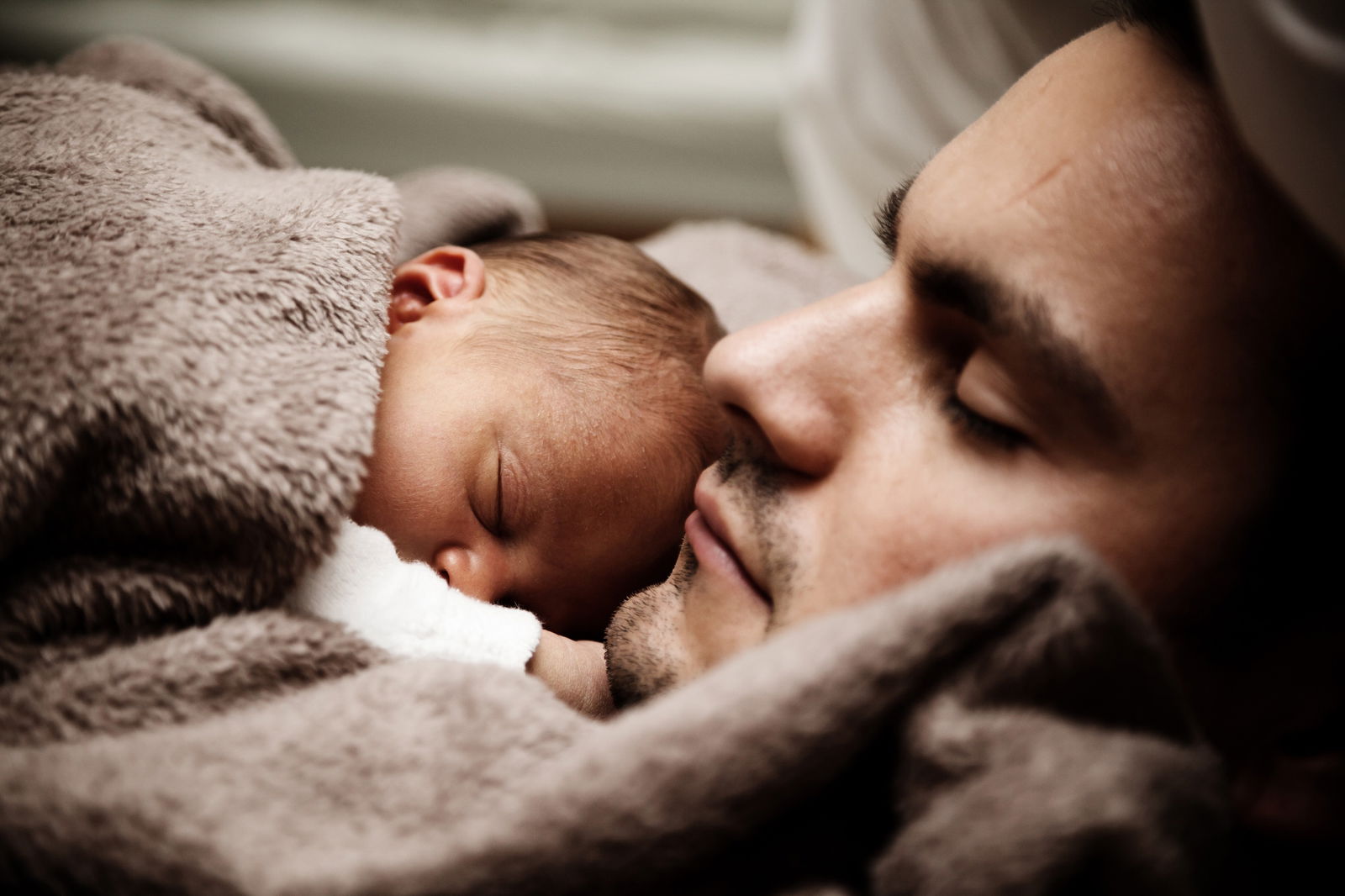
Where to get support
Those needing help for their mental health can visit the Community Guidance Center’s Wellness Clinic at the Commonwealth Healthcare Corp. on Navy Hill.
Its mental health program aims to help people “improve their mental wellbeing, develop coping strategies, and make positive changes in their lives.”
It is available to individuals ages 18 and above.
Services include individualized counseling, psycho-education groups, safety and security planning, and more. It is open Monday to Friday from 7:30 a.m. to 4:30 p.m. along Gloria Drive on Navy Hill.
For family members, Castro’s personal message to the people surrounding men is to deepen their relationship with their father.
“This Father’s Day, find a way to strengthen your bond and relationship with a father. It’ll let him know his presence is important, and it may make him feel appreciated for his contributions to the family,” he said.
Although it might be difficult to break down the emotional walls a father puts up, families can do this gradually, with the long-term goal of forming a deep relationship, Castro said.
“For me, everyone’s different. But in my opinion, what I’ve seen work is to just ask: ‘Ay, pops, how [are] you doing?’ Now all of this is going to happen for forever. We’re not erasing these [mental health challenges] from people. We’re humans. These emotions are going to come up. The key word in all of this comfort. We’ve got to make sure you build this rapport, this relationship to where they feel comfortable sharing.”
